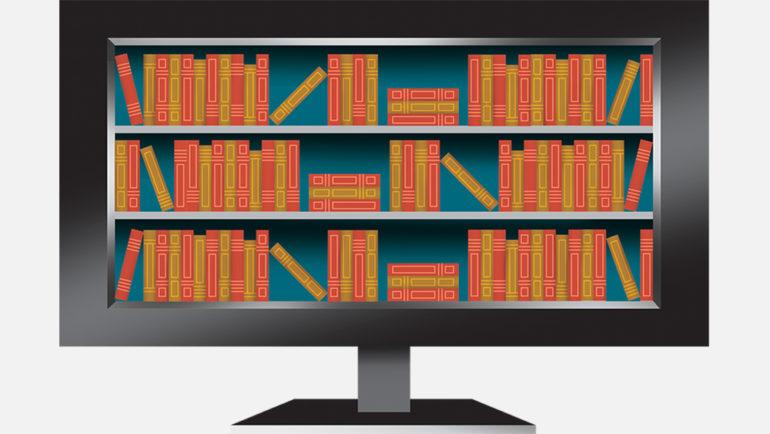So Much TV, Too Little IP Yields Writers Rich Rewards
By Elaine Low
LOS ANGELES (Variety.com) – The sheer volume of television out there is changing how precious intellectual property is foraged, acquired and ultimately used.
Demand in the book-to-TV adaptation market is rising, according to a number of industry insiders, and hunger for source material has shifted from the feature film business to television. Considering Netflix’s content spending spree, Disney’s superhero gravy train and burgeoning streaming platforms that now require content — not to mention the need to make a project stand out from about 500 other scripted series — finding a book with a built-in audience can relieve some of the pressure to develop hits for the small screen.
But that comes with a price tag.
“It’s starting to get more expensive because everyone is trying to do the same thing,” Amblin Television co-president Darryl Frank told Variety. “Everyone is trying to option IP to give themselves a leg up.”
And the hunt for juicy source material has translated to a wider search field in recent years: Buyers are often looking at backlist (read: older) book titles, popular podcasts, newspaper features, even Twitter feeds.
On the movie side, The Daily Beast’s recent deep-dive into a McDonald’s Monopoly scam ignited a bidding war that reportedly ended with a $350,000 option (won by 20th Century Fox and Ben Affleck and Matt Damon’s Pearl Street Films) against $1 million if the film is made. Things aren’t quite that red-hot in TV, but as , Amazon and Apple snap up content, big tech money is stirring up the bidding process.
“We’re now getting into the six figures — well into the six figures in some cases,” said Kassie Evashevski, a partner at Anonymous Content, marking a contrast to the days of four- or five-figure deals. “The streamers have driven up prices over the past few years.”
Evashevski estimates that option prices have “doubled, at least,” though rates for TV were “really low before.”
Authors can wait to celebrate potential riches, however. The increased competition hasn’t raised prices for literary material across the board, just for buyers elbowing to the front of the line for a taste of a few coveted titles.
“This has resulted, I think, in a slight shift in how this kind of material is bought in Hollywood,” said Rachel Deahl, news director at Publishers Weekly. “It used to be rare that a book would sell to a publisher at the same time that it sold to a studio. This happens more now.”
Reese Witherspoon’s production company, Hello Sunshine, for example, took an interest in Celeste Ng’s “Little Fires Everywhere” before it even hit bookstores. Lauren Levy Neustadter, Hello Sunshine’s head of film and TV and Witherspoon’s producing partner, said that they consider how well IP fits with their female-centric brand above the whims of the marketplace.
And in a more vertically integrated world, one in which independent production companies compete with studio-affiliated entities looking to keep things in-house, relying on the strength of a brand can be both smart and necessary.
“When our hearts are completely swept away, we almost take it for granted that something like ‘Little Fires Everywhere’ will resonate with others like it did with us,” Neustadter told Variety. “We read that book five months before it published. … We knew in our hearts that the book was going to be recognized for being spectacular, and it really was.”
She and Witherspoon feel the same way about another title they optioned, Taylor Jenkins Reid’s “Daisy Jones & the Six,” a novel about the breakup of a fictional 1970s rock group. Amazon Studios has already ordered a 13-episode limited series based on the book, which it will co-produce with Hello Sunshine.
How much do readers love the novel? Who knows? Penguin Random House won’t publish it until March.
The current market environment also means that scribes are getting a boost in standing. But some say it portends bad news for non-writing directors, screenwriters looking to push their original spec work, and producers and smaller production companies with limited budgets.
The downstream repercussions of the streaming-driven competitive landscape can also include the cost of TV productions themselves.
“The competition for crew and talent — the pool is getting spread too thin,” said ’s Frank. “We always tell the story of a couple of years ago, we were shooting a show in Vancouver, and there are 54 shows shooting at the time, and we literally couldn’t even find a driver. We couldn’t even hire a driver, there were no more drivers available to drive somebody. It’s basically making everything more expensive.”

